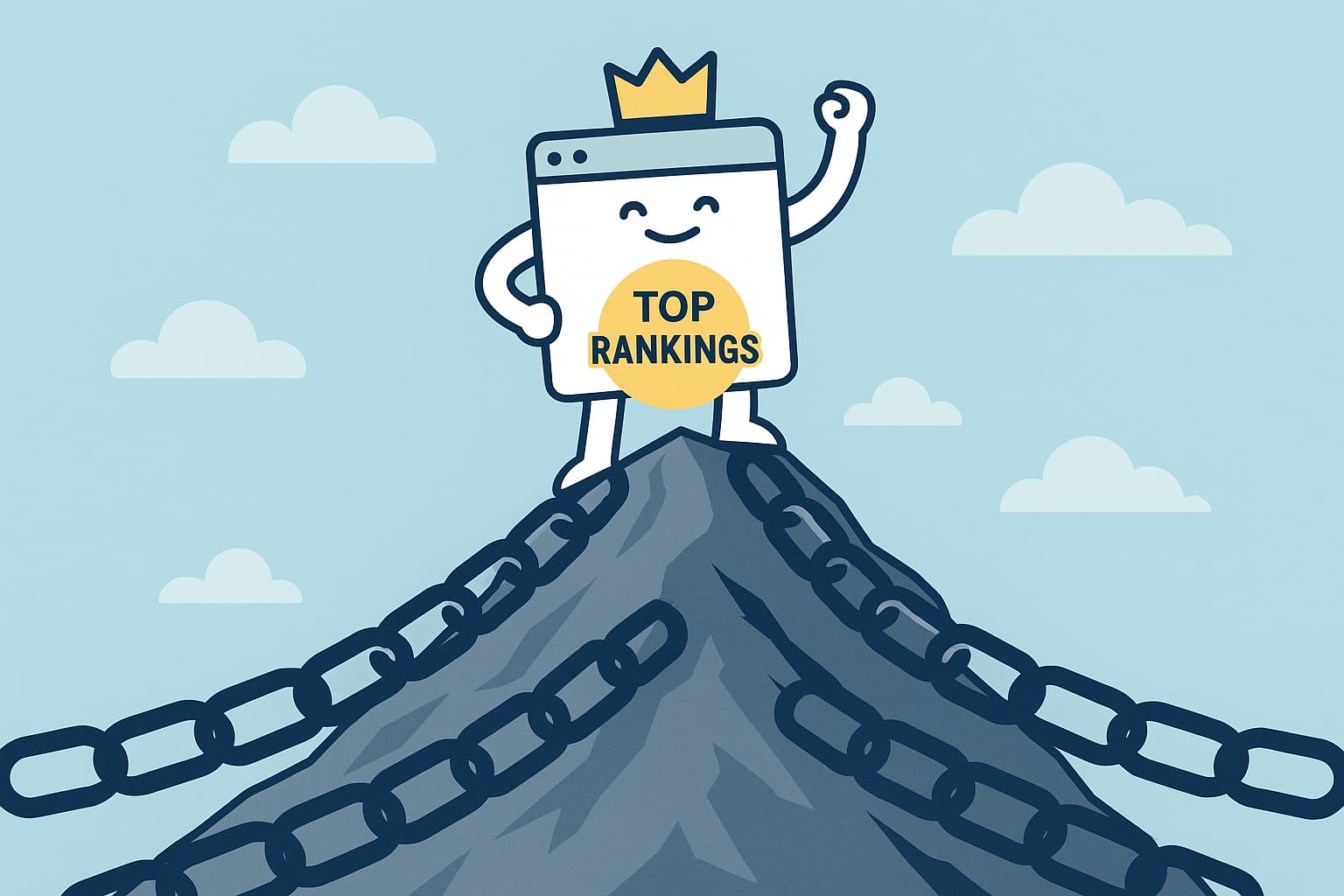Ευρωπαικη ρουλετα, much like private game servers, offers players a customized experience beyond the limitations of standard platforms. In the world of online gaming, private game servers have become increasingly popular among gamers who seek greater control, customization, and enhanced gameplay. These servers allow players to bypass the restrictions of official game servers, offering a tailored gaming environment that can be optimized for performance, mods, and community-driven experiences.
From MMORPGs (Massively Multiplayer Online Role-Playing Games) to first-person shooters and strategy games, private game servers enable enthusiasts to build their own gaming worlds, set unique rules, and cultivate dedicated communities. This article explores the concept of private game servers, their benefits, challenges, and their impact on the gaming industry.
What Are Private Game Servers?
A private game server is an independent server hosted by individuals or groups rather than by the game’s official developers or publishers. These servers can be used for personal gaming, small-group play, or large-scale online communities.
Game developers often provide official servers where players can connect and play within a controlled environment. However, private servers offer an alternative by allowing users to modify game mechanics, customize in-game features, and create unique gameplay experiences.
Private servers are commonly found in games like:
- World of Warcraft (custom expansions, higher XP rates, unique quests)
- Minecraft (custom mods, exclusive plugins, tailored survival or creative modes)
- Counter-Strike (custom maps, altered physics, private tournaments)
- ARK: Survival Evolved (adjusted spawn rates, customized dino behavior, exclusive tribes)
Advantages of Private Game Servers
Private game servers provide numerous advantages over official servers, making them an attractive option for gamers seeking personalized experiences.
1. Full Customization
One of the biggest draws of private servers is the ability to modify gameplay elements. Server administrators can:
- Adjust experience points (XP) and drop rates.
- Introduce new maps, characters, and storylines.
- Enable or disable certain game mechanics.
- Implement exclusive skins, items, and events.
For example, in MMORPGs like World of Warcraft, some private servers offer accelerated XP gains and custom quests, making progression faster and different from the official game.
2. Community-Driven Environments
Private servers foster strong gaming communities. Unlike official servers, which can sometimes feel impersonal due to a large player base, private servers attract like-minded players who share common interests. This creates:
- Close-knit gaming communities.
- Dedicated clans and guilds.
- Better communication and collaboration among players.
In Minecraft, private servers often host themed worlds—whether it’s medieval, sci-fi, or survival-based—where players work together to build entire civilizations.
3. Enhanced Performance and Stability
Official game servers often experience overcrowding, leading to lag, connection issues, and server crashes. Private game servers offer better performance by:
- Reducing server population limits for smoother gameplay.
- Allowing administrators to optimize performance settings.
- Ensuring better ping and latency for a localized gaming experience.
4. Freedom from Paywalls and Microtransactions
Many official game servers incorporate aggressive monetization, requiring players to purchase in-game items, premium accounts, or season passes. Private servers often eliminate these restrictions, offering:
- Free access to premium content.
- In-game items without real-money transactions.
- Fairer progression systems based on skill rather than spending.
5. Experimentation and Innovation
Private servers provide a testing ground for new game ideas and mechanics. Some of the most successful gaming features today—such as custom mods, alternative game modes, and unique events—were first introduced on private servers before being adopted into mainstream gaming.
For example, Dota 2 originated as a mod from Warcraft III, where private server communities tested and refined the gameplay before it became a standalone title.
Challenges and Risks of Private Game Servers
Despite their many benefits, private game servers come with challenges and potential risks that players and administrators must consider.
1. Legal and Copyright Issues
Most game developers protect their intellectual property by prohibiting private servers unless explicitly allowed. Some publishers actively shut down private servers, considering them a form of piracy.
- Blizzard Entertainment, for instance, has taken legal action against unauthorized World of Warcraft private servers.
- Nintendo is known for aggressively protecting its IP, leading to the shutdown of private servers for its older games.
Some developers, however, embrace private servers. Minecraft, for example, encourages private servers and even provides tools for customization.
2. Server Stability and Maintenance
Running a private game server requires technical knowledge and ongoing maintenance. Server administrators must:
- Handle software updates and bug fixes.
- Manage server security to prevent hacking or cheating.
- Ensure uptime and prevent server crashes.
Players relying on private servers must also be aware that servers can shut down unexpectedly, causing lost progress and disrupted communities.
3. Security Risks and Data Privacy
Private servers, especially those run by unverified individuals, can pose security threats. Risks include:
- Data breaches, where personal information may be compromised.
- Malware-infected game clients, used to steal credentials.
- Unfair server administration, leading to bias, favoritism, or abuse.
It is crucial for players to research a private server’s reputation before joining and ensure it has a secure infrastructure.
4. Player Population and Longevity
Unlike official servers, which typically have a large player base, private servers can struggle with:
- Low population, affecting matchmaking and in-game economy.
- Uncertain longevity, as some servers close due to funding issues or lack of community engagement.
The Future of Private Game Servers
As gaming evolves, the future of private servers is shaped by technological advancements and industry trends.
- Cloud Gaming and Server Hosting: With services like Amazon GameLift and Google Cloud, private server hosting is becoming more accessible and stable.
- Official Developer Support: Some companies, like Mojang (Minecraft) and Epic Games (Fortnite), support private servers, allowing customization while maintaining fair play.
- Blockchain and Decentralization: Future private servers may leverage blockchain technology for secure transactions, in-game economies, and decentralized ownership.
With the continued rise of gaming communities, private servers will likely remain a crucial part of gaming culture, providing alternative ways to enjoy favorite titles.
Conclusion
Private game servers offer a level of customization, performance, and community engagement that official servers often cannot match. While they come with risks, including legal challenges and security concerns, they also provide gamers with creative freedom, better gameplay experiences, and a sense of ownership over their gaming worlds.
As gaming technology advances, private servers will continue to play an essential role in shaping how players interact with and modify their favorite games. Whether you’re looking for a faster leveling experience in an MMORPG, a custom map in Minecraft, or a lag-free gaming environment, private game servers provide the ultimate alternative for personalized gameplay.




